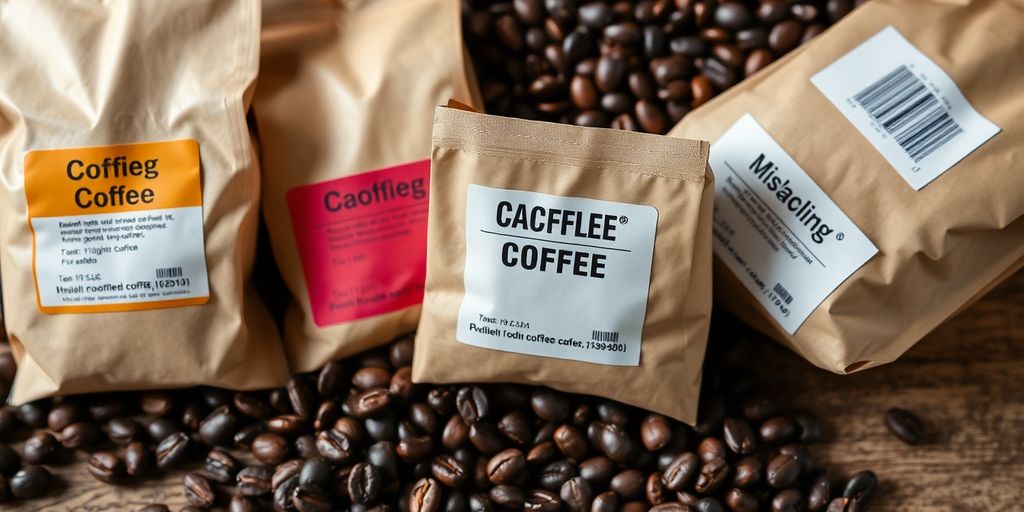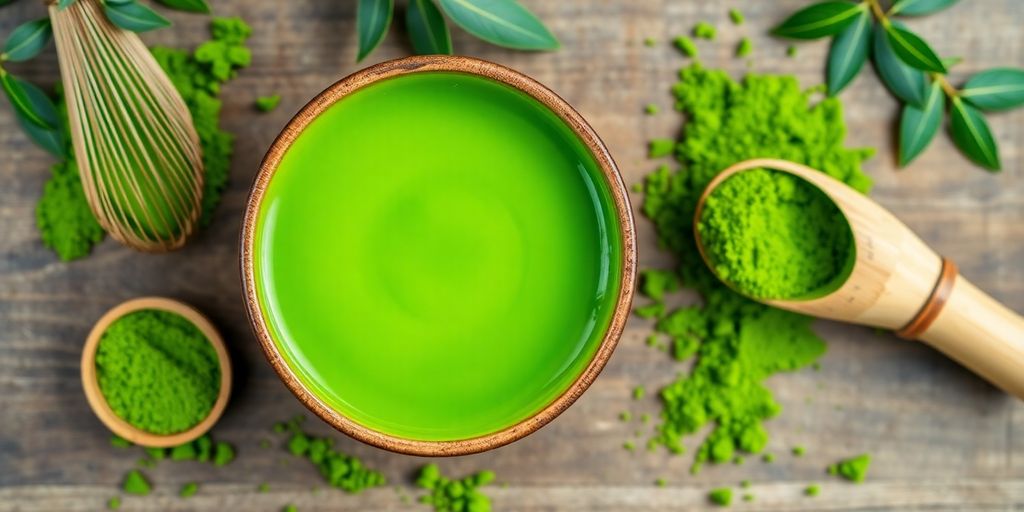The world of fitness is rife with information, where the truth is often masked by numerous myths. A prevalent misconception centers on women’s health and nutrition, particularly regarding the role of whey protein. It is commonly misunderstood that whey protein is exclusively for men, and that a woman dedicating herself to a protein-rich diet and weightlifting can result in a hyper-muscular, masculine physique. However, the reality contradicts this myth significantly.
Protein is undeniably vital for everyone, irrespective of gender. Participating in several metabolic processes, protein not only contributes to muscle development but is also essential for healthy skin, hair, nails, and a robust immune system. Women, too, require protein for extensive well-being and muscle upkeep. It turns out to be even more crucial for those juggling an active lifestyle or fitness regime to incorporate ample protein in their daily nutrition.
Hannah, a fitness trainer, admits that she once believed protein supplements were limited only to bodybuilders. However, upon incorporating weight training into her routine, her energy and confidence levels spiked significantly. Introducing whey protein to her diet assisted her recovery. She confirms, “It’s not just about muscle-building, strength training, or appropriate protein intake. It has made me feel stronger, more focused.”
Another pervasive fallacy in the fitness sphere asserts that women will bulk up with the consumption of whey protein and participation in strength training. Contrary to this belief, women, having lower testosterone levels compared to men, are considerably less likely to bulk up with an increased protein intake. Instead, protein aids muscle growth and repair, and proves as beneficial for women as it does for men. Protein support is also instrumental in helping maintain muscle mass indirectly in a calorie-deficit state. Simultaneously, it promotes a sense of satiety, which indirectly aids fat loss and begets a well-sculpted, defined appearance.
Some women initially hesitate to pursue strength training, fearing a muscular appearance. Yet, with their personal experiences, they comprehend that becoming exceptionally muscular is not the outcome of the routine. On the contrary, strength training helps them tone up, and whey protein aids their recovery. Through years of continuous practice, they advance physically and mentally.
Despite the emergent fitness culture, a disappointing number of women lack proper knowledge about nutrition. Often, crucial elements like protein are insufficiently consumed, which leads to a significant protein deficiency in their diets. The traditional Indian diet, for instance, is primarily abundant with carbohydrates, neglecting other macronutrients. Surveys reveal that the majority of Indians encounter a protein-deficient diet, further deepening the protein gap in women’s diets.
To overcome this shortfall, it proves essential to spread awareness about the importance of protein and protein-rich food. Only then can we pave the way for a healthier and stronger generation of women. Notably, women, and especially those in their childbearing years, must invest in strength training paired with meeting daily protein requirements. This arrangement lays a sturdy foundation for healthy ageing and limits the risk of osteoporosis.
Engaging in moderate to high-intensity workouts necessitates the incorporation of high-quality proteins like whey, which furnish all nine essential amino acids required for muscle recovery. However, it’s also necessary to ensure the selection of a high-quality product like Optimum Nutrition Gold Standard 100% Whey Protein, which simplifies the path to sufficient protein intake. It contains 24 grams of protein per serving, bolstering daily fitness routines and bridging the protein gap in women’s diets.
Through dispelling myths and providing expert insight and real-life experiences, women can make informed decisions about their nutrition and fitness routines. Compiled this information aids in the eradication of unfounded beliefs and establishes a healthier understanding and approach towards fitness among women.



